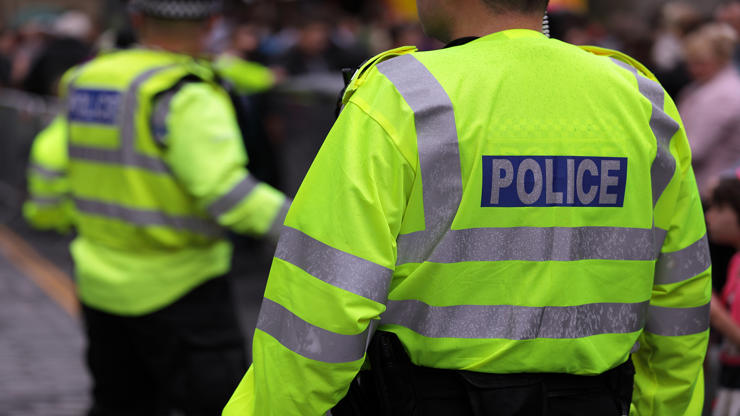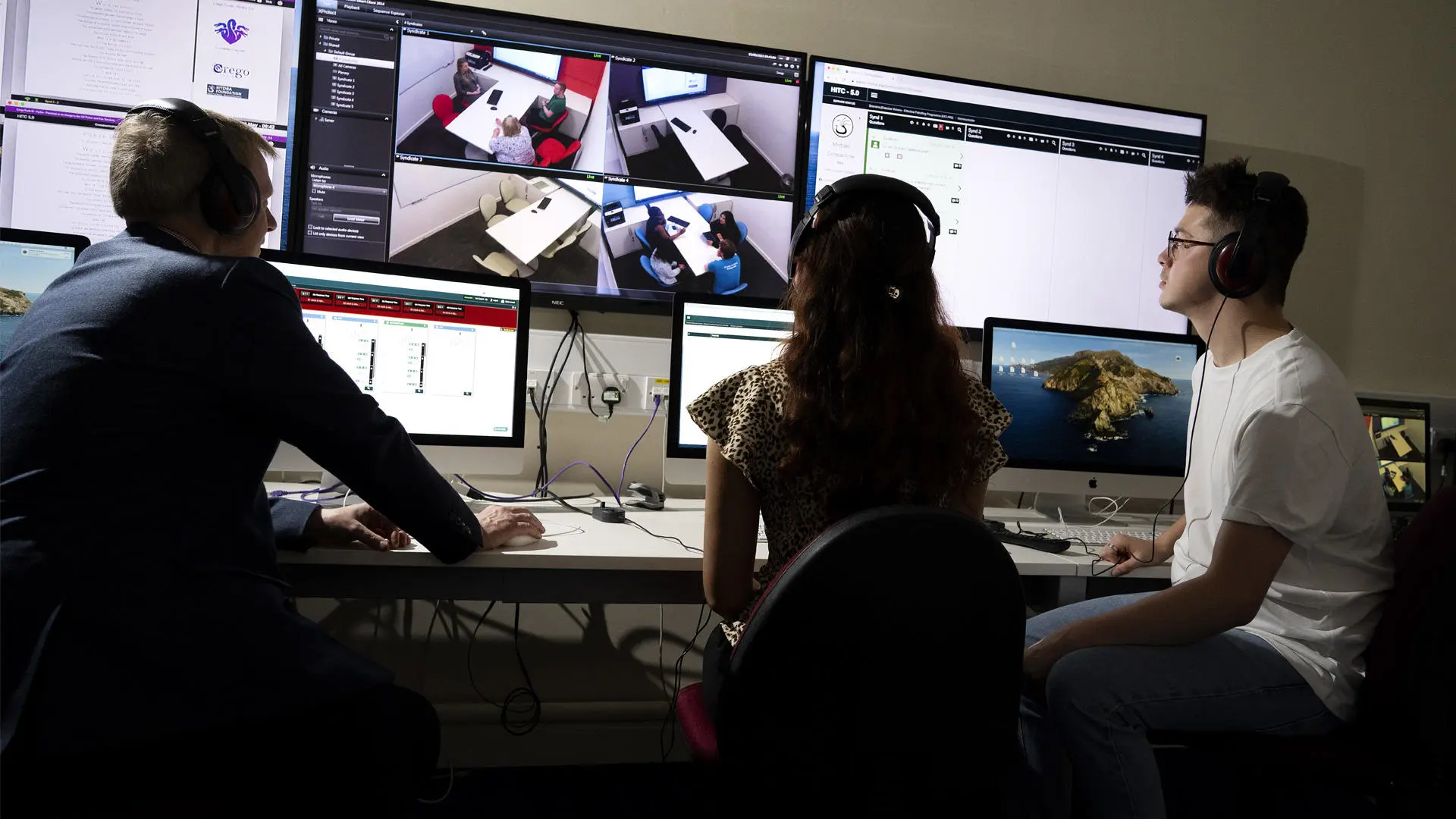What is a detective?
There are two types of detective: a police detective and a private detective. There are some important differences between the two.
Police detectives are referred to as detective constables. They are plain-clothes officers who take the lead in solving crimes. They will visit crime scenes, interview witnesses and put together evidence.
Police detectives will solve different types of crime according to the department they are in. For example, drugs, firearms or homicide.
Police detectives are also responsible for presenting the case to the Crown Prosecution Service (CPS). The CPS will decide whether to take the case to court based on the strength of their investigation. Detectives therefore have access to a huge amount of information and technology, so they can build the strongest case possible.
Private detectives are paid to investigate an event by a private citizen. This might be anything from a missing person case to cheating spouses. A private detective does not have access to the same information or technology as the police. They also do not have the power to make an arrest. That means if a crime is uncovered, they have to report this to the police.
In this guide, we’ll focus on how to become a police detective.
What’s the difference between a police officer and detective?

A detective does not rank above a normal police officer. They are both constables, but a detective is classed as a ‘detective constable’. This shows that they have had the appropriate training to carry out complex investigations.
The day-to-day duties of a normal police officer may include attending 999 calls and dealing with the public. Police officers can handle lower-level investigations, but a detective will be assigned to serious or sensitive cases.
Detectives’ duties are very different. They manage complex investigations and are responsible for building a case. They handle a lot of information, which must be verified and analysed. This can include DNA testing, CCTV footage and witness testimony.
Why should I become a detective?
What qualifications do I need?
There are several different routes to become a detective. You can study a degree and join the Police Now National Detective Programme, or you can work your way up.
The Police Now National Detective Programme is a two-year programme, exclusively for graduates. It allows you to become a detective without working as a police officer first. It will equip you with investigative skills and give you real-word experience. To join the programme, you will need at least a 2:1 in your degree.
What degree to study
We have several policing-related degrees available at UCLan. These provide direct routes into the police force or onto the Police Now National Detective Programme.
Our Professional Policing (BSc Hons) is licensed and approved by the College of Policing. It covers all the knowledge and skills you need to join the police. You will be taught by a mix of academics and former police officers, who can share their operational experience. You will also have access to our Hydra Minerva Suite which simulates real-world scenarios to put your learning into practice.
We also offer Policing, Law Enforcement and Investigation (BSc Hons), which puts more of an emphasis on investigative skills. This may be more relevant to aspiring detectives. During the course, you will learn how to gather, analyse and report evidence to court. Thanks to our collaboration with Lancashire Constabulary, you can even shadow a crime scene investigator in real-life.
You don’t have to study a degree in policing. There are other degrees which equip you with important transferable skills to become a detective.
- Psychology (BSc Hons) – Psychology helps you to understand human behaviour and why people do the things they do. This is important when looking for a criminal motive. It can also help you spot patterns in behaviour that lead up to a crime.
- Criminology & Criminal Justice (BA Hons) – Criminology & Criminal Justice helps you understand the personal, political and social aspects of crime. You will also learn more about the justice system, which can inform your interactions with it as a detective.
- History (BA Hons) – History equips you with excellent analytical skills and written communication skills. This can help you build a solid case to present to the CPS.
Do I need a degree?
No, you don’t need a degree to become a detective. It is possible to work your way up in the police force through in-house training. If you take this route, you should focus on developing your skills to appeal to training opportunities.
What skills do I need to become a detective?
There are a range of skills which can help you to become a detective. Here are some key areas to focus on.
Where next?
We hope this has helped you understand how to become a detective. UCLan offers a range of policing degrees to accelerate your career as a detective.

